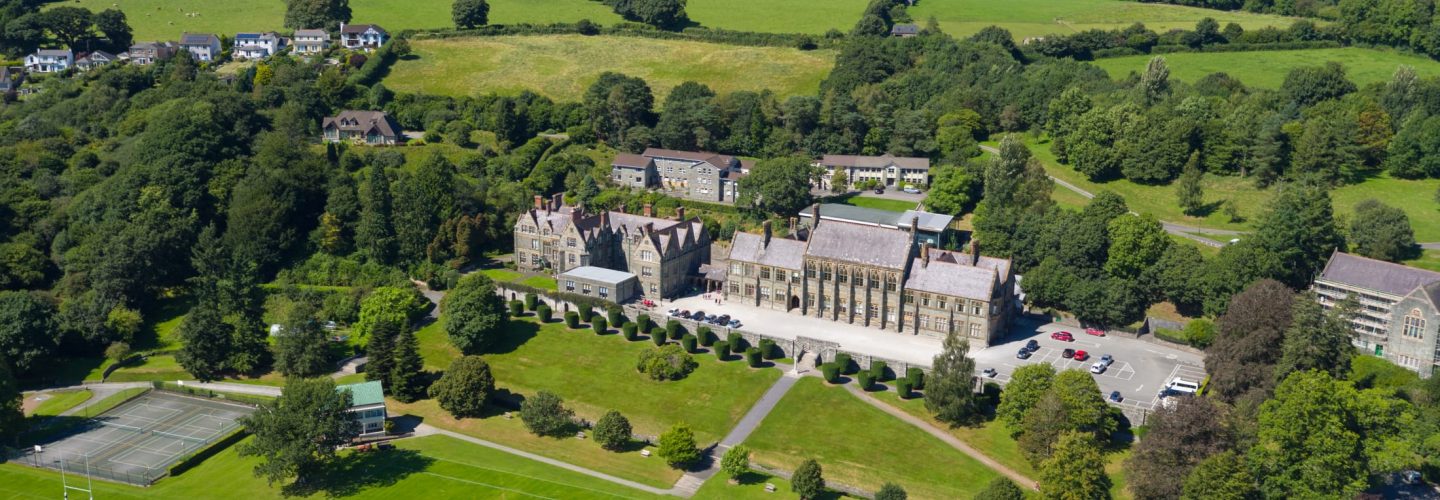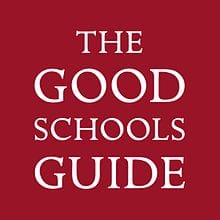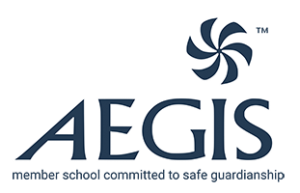The French department has set some culinary challenges for its pupils this term.
A Level culinary challenge
As part of a unit of work on French cultural heritage, our Year 12 and Year 11 pre A Level pupils have been exploring why ‘the gastronomic meal of the French’ is on UNESCO’s intangible cultural heritage of humanity list, and how this special kind of meal brings people together to enjoy the art of good eating and drinking, with a particular emphasis on togetherness, the pleasure of taste and the balance between human beings and the products of nature.
Each pupil chose one region of France and researched the connections between the geography of the region, typical produce (such as vegetables, meat and cheeses) and the repertoire of regional recipes and specialities. They then planned a gastronomic meal for that region, including an apéritif and at least four courses; namely a starter, fish and/or meat with vegetables, cheese and dessert, and ending with a digestif. Pupils then selected one or more elements of their meal to try cooking for their family, and finished by reporting on the taste of the dishes and the overall success of the challenge.
GCSE challenge
Our Year 9 and 10 pupils also did their own défi culinaire. Having learned vocabulary for ingredients, quantities, kitchen equipment, cooking techniques and ‘table talk’, they selected a culinary challenge to complete.
Many pupils cooked croque monsieurs or delicious crêpes with various toppings. Several cooked typical dishes such as moules, tarte flambée and cordon bleu de poulet, whilst others whipped up desserts such as petits choux caramélisés and tarte aux pommes.
The aim was to make the experience as French as possible by listening to French music and paying attention to setting the table in an authentic way. Pupils then wrote a report to describe what they did and give their verdict on the success of the dish.
More photographs of both challenges can be found on Facebook.
Categories: Academic










